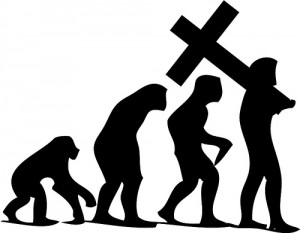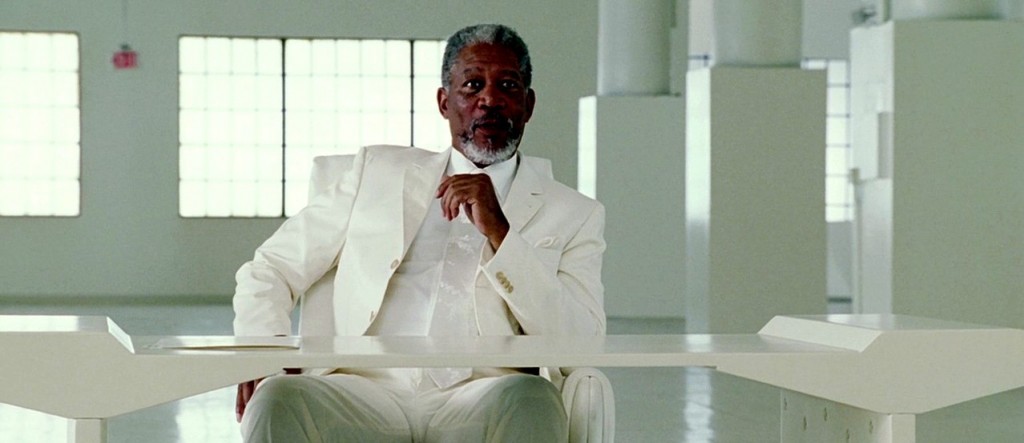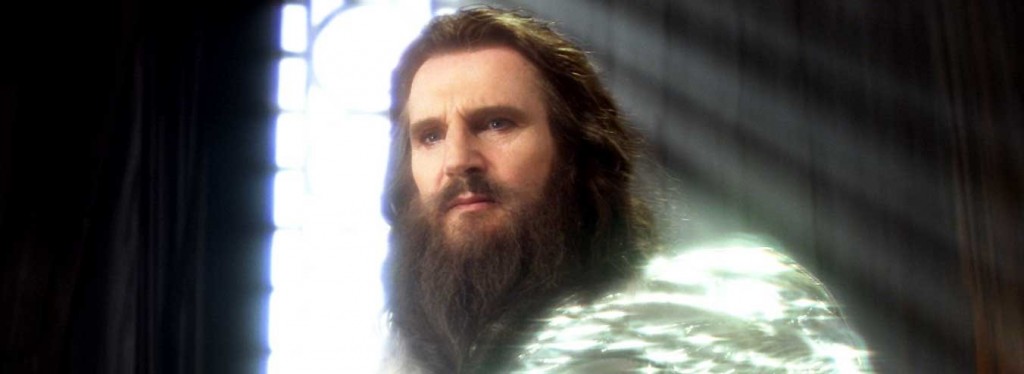Oh God… You’re in my Fiction?
Nury Vittachi recently published an article on the Science 2.0 website entitled “Scientists Discover that atheists might not exist, and that’s not a joke“ and, while the article talks more specifically about how “a metaphysical outlook may be so deeply ingrained in human thought processes that it cannot be expunged” the article makes the natural leap to a primary place this reality manifests: our entertainment.
These musings obviously resonate with a lot of what we do here at Cinemagogue, and – without the scientific study to back it up – relate to many of the metaphysical musings I posed in the Cinemagogue Book. and subtitled it “Reclaiming Entertainment and Navigating Narrative for the Myths and Mirrors they were Meant to Be”.
The most relevant quotes are below, but the whole article is worth reading.
“…the Creativity Lab at Hong Kong Polytechnic University’s School of Design has been looking at the manifestation of cosmic justice in fictional narratives—books, movies and games. It is clear that in almost all fictional worlds, God exists, whether the stories are written by people of a religious, atheist or indeterminate beliefs.”
“It’s not that a deity appears directly in tales. It is that the fundamental basis of stories appears to be the link between the moral decisions made by the protagonists and the same characters’ ultimate destiny. The payback is always appropriate to the choices made. An unnamed, unidentified mechanism ensures that this is so, and is a fundamental element of stories – perhaps the fundamental element of narratives.”
“In children’s stories, this can be very simple: the good guys win, the bad guys lose. In narratives for older readers, the ending is more complex, with some lose ends left dangling, and others ambiguous. Yet the ultimate appropriateness of the ending is rarely in doubt. If a tale ended with Harry Potter being tortured to death and the Dursley family dancing on his grave, the audience would be horrified, of course, but also puzzled: that’s not what happens in stories. Similarly, in a tragedy, we would be surprised if King Lear’s cruelty to Cordelia did not lead to his demise.”
“Indeed, it appears that stories exist to establish that there exists a mechanism or a person—cosmic destiny, karma, God, fate, Mother Nature—to make sure the right thing happens to the right person. Without this overarching moral mechanism, narratives become records of unrelated arbitrary events, and lose much of their entertainment value. In contrast, the stories which become universally popular appear to be carefully composed records of cosmic justice at work…”
“Furthermore, every time we read a book or watch a movie, we are reinforcing our default belief in the eventual triumph of karma. While there is certainly growth in the number of bleak narratives being produced, it is difficult to imagine them becoming the majority form of cultural entertainment. Most of us will skip Cormac McCarthy’s crushingly depressing “The Road” in favor of the newest Pixar movie.”

This article and argument don’t make a singular case for the biblical God, or the singular protagonist of reality revealed in the person of Jesus Christ, but it certainly breaks ground on our more-than-material rootedness and begs the question of who is right: Bertrand Russell or Jonathan Frame.
What do YOU think?





